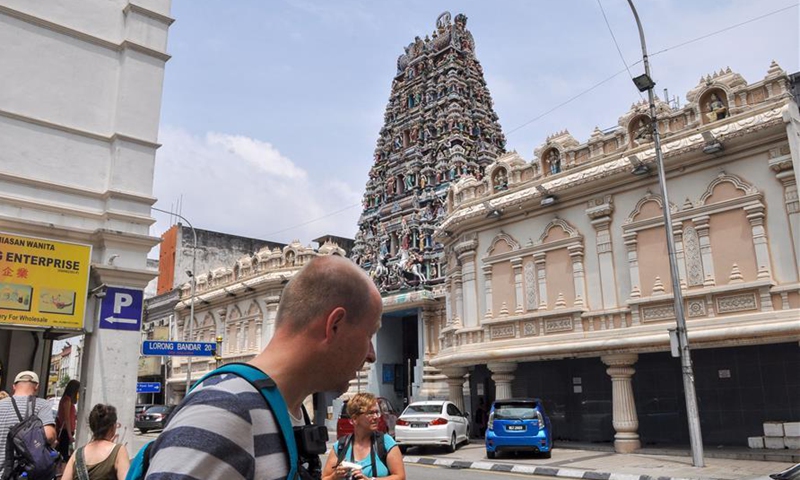Malaysia's palm producers to recruit prisoners, ex-drug addicts to solve virus-driven labour crunch
Source: Reuters Published: 2020/9/9 18:53:40
Malaysia's labor-reliant palm oil companies are looking to recruit recovering drug addicts and prisoners to solve a severe shortage of foreign workers that has worsened due to a coronavirus-driven border closure.

"We are even reaching out to Department of Orang Asli Development, the Drug Prevention Association of Malaysia, as well as the Prisons Department in search of locals," industry group the Malaysian Palm Oil Association (MPOA) said in a statement on Tuesday evening.
The collaboration with the Prisons Department to recruit parolees and prisoners under supervision first started in 2016 in one government-linked firm, but now more companies are interested in the program, chief executive Nageeb Wahad told Reuters. Some plantation firms are also in discussion with the Drug Prevention Association of Malaysia to recruit recovering addicts in rehabilitation, he said.
Travel and movement restrictions have left the country grappling with a shortage of 37,000 workers, nearly 10 percent of the total workforce.
Newspaper headline: Malaysian planters seek prison labor

Photo taken on June 25, 2017 shows visitors near a Hindu temple in Kuala Lumpur, Malaysia. Kuala Lumpur is the capital and largest city of Malaysia. Developing from a tin-mining town, the city is now widely recognised for numerous landmarks, including the Petronas Twin Towers. The combination of skyscrapers and historical sites and the harmonious coexistence of diversified cultures add to the city a special charm of its own. Photo: Xinhua
Planters in the world's second largest producer have in recent months embarked on rare recruitment drives to hire locals to do everything from harvesting to fertilizing, but response has been lukewarm."We are even reaching out to Department of Orang Asli Development, the Drug Prevention Association of Malaysia, as well as the Prisons Department in search of locals," industry group the Malaysian Palm Oil Association (MPOA) said in a statement on Tuesday evening.
The collaboration with the Prisons Department to recruit parolees and prisoners under supervision first started in 2016 in one government-linked firm, but now more companies are interested in the program, chief executive Nageeb Wahad told Reuters. Some plantation firms are also in discussion with the Drug Prevention Association of Malaysia to recruit recovering addicts in rehabilitation, he said.
Travel and movement restrictions have left the country grappling with a shortage of 37,000 workers, nearly 10 percent of the total workforce.
Newspaper headline: Malaysian planters seek prison labor
Posted in: ASIA-PACIFIC